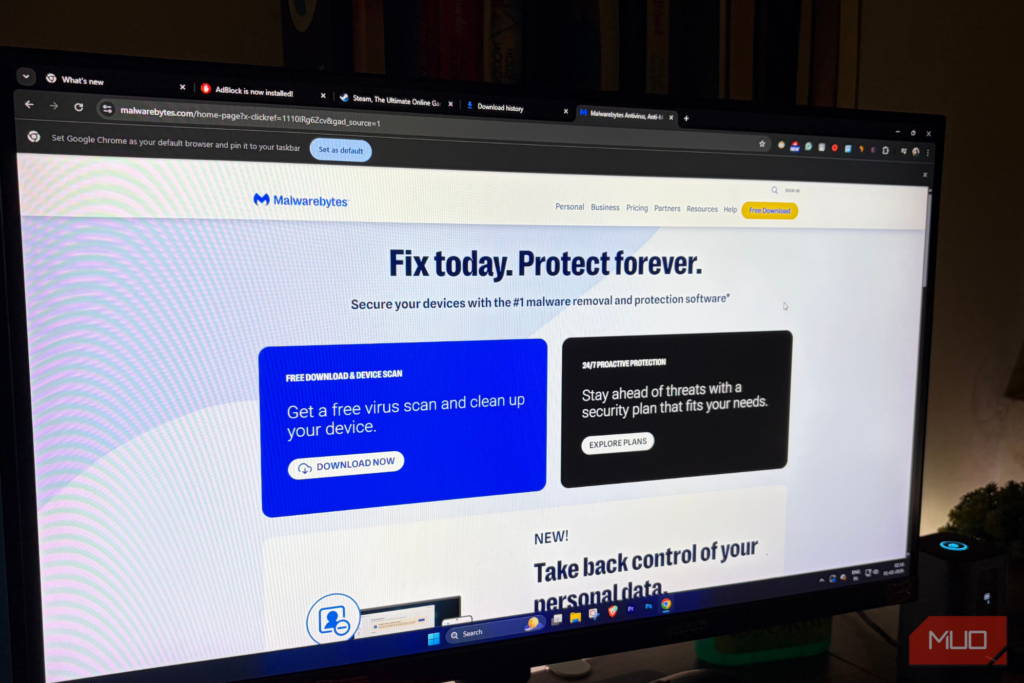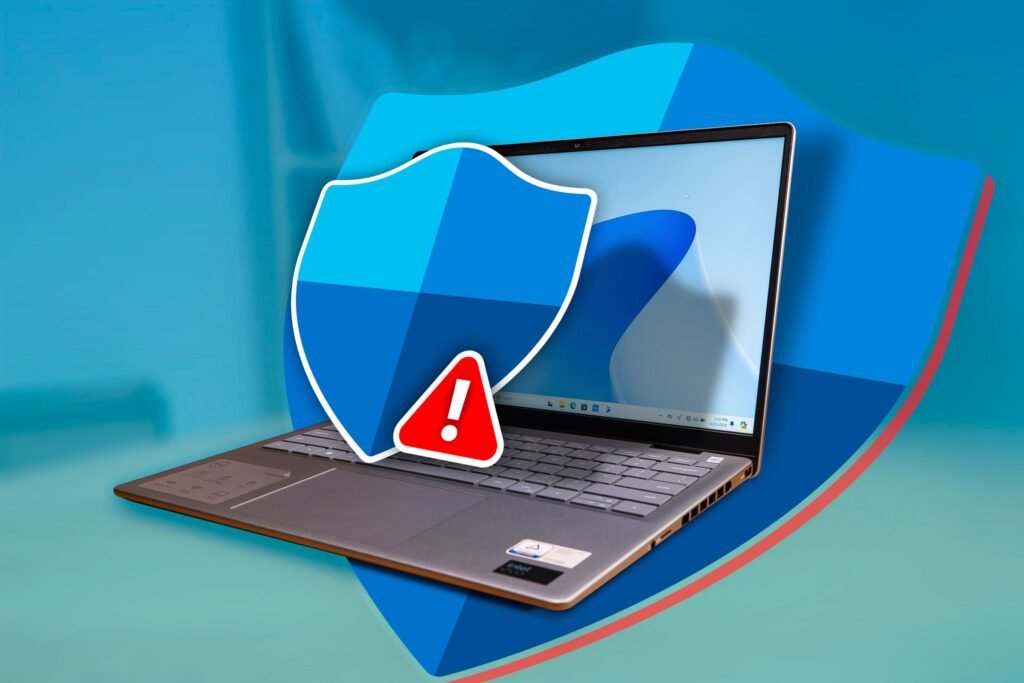Cyber threat intelligence: the key to trust and security for the digital finance world

In 2017, the value per Bitcoin reached over €20,000 (£17,324) – a climax in the hype surrounding the cryptocurrency. However, confidence has been lacking for the price to remain stable. To date, online currencies are more speculation than real means of payment as concerns around security are being raised. An establishment is only possible if users believe in the value’s sustainability, and this applies to every means of payment.
In no industry is the subjective perception of security as important as in the field of finance. Both private users and large customers are increasingly handling transactions online, so the fear of digital innovation isn’t what stop them from adopting this type of currency. It’s security they really care about, or rather their data’s security. The financial sector has acknowledged this and, must above all focus on security to appease the apprehensions some might have.
Blockchain is considered safe to this day, yet speculation is causing such great uncertainty that cryptocurrencies have not yet developed into serious competition for established currencies. IT decision-makers should therefore always keep in mind the importance of the users’ sense of security in their industry. As part of their digital transformation, many financial organisations have implemented several security tools and also have their own security teams.
- Kaspersky launches free CyberTrace threat intelligence tool
- Keeping ahead of the curve: understanding threat intelligence
- Permission to intrude: hiring hackers to bolster cyber defences
These are necessary to comply with legal requirements. After all, almost all other sectors depend on the financial sector. Of course, it is also about the security of customers and partners’ data. Therefore, it is not surprising that this industry has taken a pioneering role over the years. While some organisations already have their own Security Operations Centres (SOCs) to respond to potential threats and identify Indicators of Compromise (IoCs), they should think about other ways to optimise their organisa
Be the first to write a comment.





